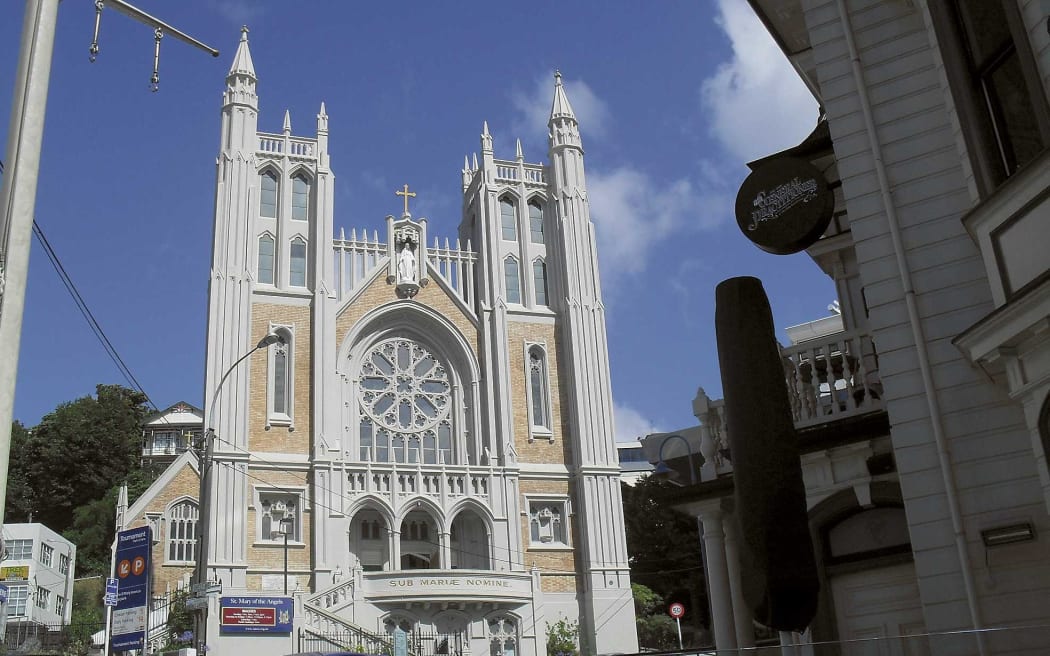The Catholic Church is struggling to attract and keep New Zealand-born worshippers, with fewer than ever going to church.

Catholic church St Mary of the Angels in Wellington Photo: www.nzcatholic.org.nz
However, they are being replaced by new migrants who are now taking a significant number of seats at mass.
The Bishop of Auckland, Patrick Dunn, has described the situation as the "Kiwi drift".
He said it was affecting all parishes, but many were not aware it was happening, because the churches were still full.
"I think the churches of probably all denominations in Auckland, for example, are pretty full, but if you look beneath the surface, many of those who are present are actually new migrants and Kiwis."
He said people of any ethnicity born or raised in New Zealand were "drifting out" of church.
Census data showed the Catholic religion was the largest Christian denomination in 2013, with nearly half a million (492,105) people identifying as Catholic. That figure was down by 16,332 (about 3.3 percent) from 2006.
Almost one third of those who identified as Catholic in 2013 were born overseas, predominantly in the Philippines, England and Samoa.
Massey University professor of history Peter Lineham said, over the past 30 years, the number of New Zealand-born people attending church had been declining.
"There's been dramatic declines in participation and involvement and adherence to all churches.
"It was slower to take effect in the Catholic Church but, as he [Bishop Dunn] points out, now it's masked because new migrants tend to need religion more than existing people who have settled in the country."
In 2014, Statistics New Zealand estimated only one fifth of New Zealanders aged over 15 were part of a religious denomination.
Bishop Dunn said religion was no longer seen as a fundamental part of New Zealand culture.
He said the 1960s propelled the separation from religion, with a change in society driven by television, student revolt, the sexual revolution and drugs.
"The 'Kiwi drift' is a phenomenon that's actually affecting every 'European' first-world country, so Kiwi drift or Aussie drift.
"I don't know what they'd call it in the USA, but there seems to be a developing disconnect in these cultures between Christianity and the mainstream culture."
Dr Lineham said there was no simple answer to the decline.
"The fact is that Kiwis in general dislike organisations, opt out of voluntary bodies, see relatively little use in organised religion.
"It's not that they've probably had any change in their level of believing in God, but they've certainly had a big change in their willingness to accept any organisational answer to those questions."
Dr Lineham said as later generations of new migrants settled in New Zealand and became more westernised, they also might start attending church less.

